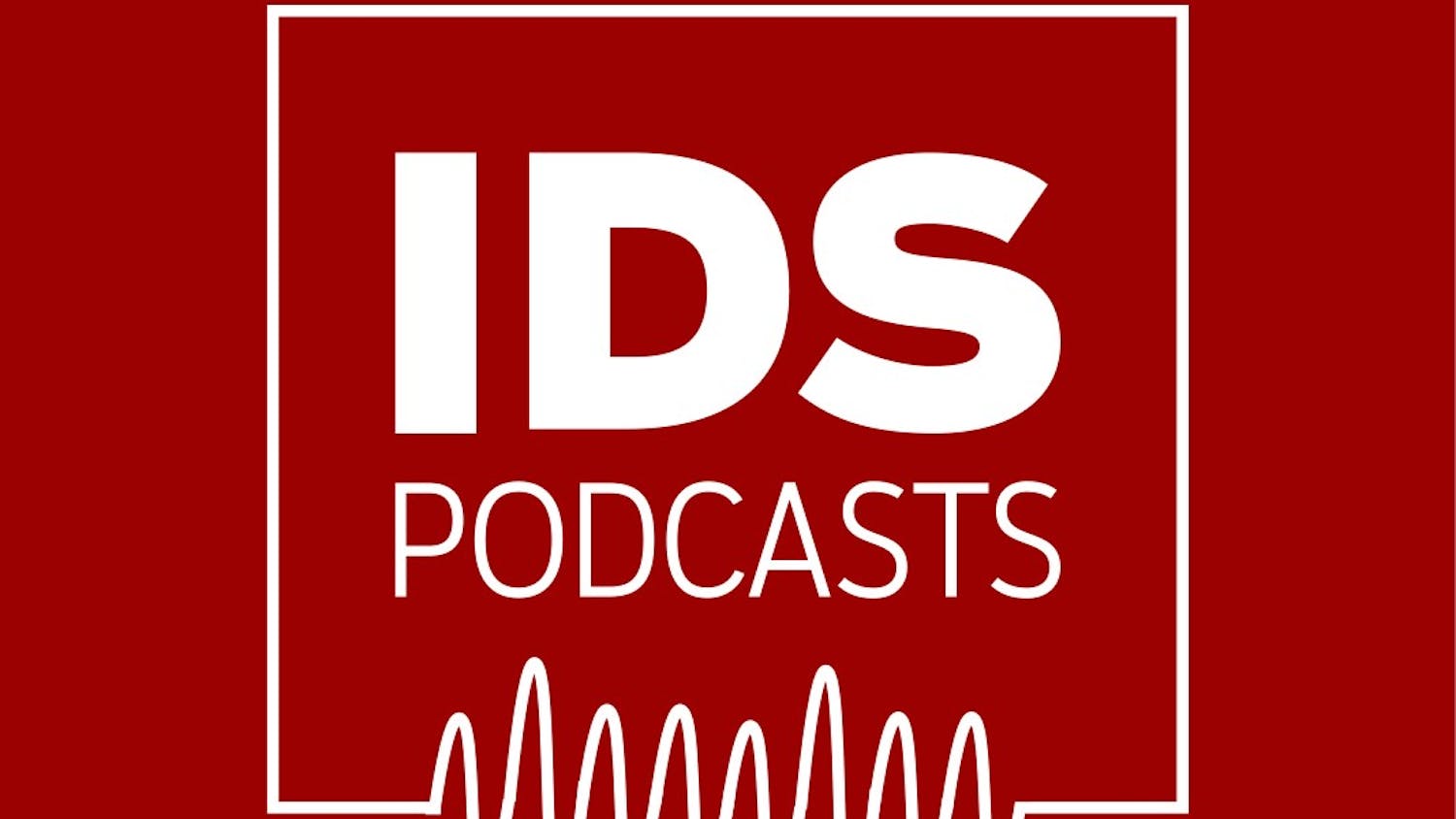It’s not surprising that President Barack Obama announced Tuesday night the state of our union is strong.
Yet the president’s fifth State of the Union address highlighted divisions within the United States, particularly income inequality.
“Inequality has deepened. Upward mobility has stalled,” Obama said. “The cold, hard fact is that even in the midst of recovery, too many Americans are working more than ever just to get by — let alone get ahead. And too many still aren’t working at all.”
Although the hour-long speech hit on a variety of issues, it emphasized job creation, sustainability, college affordability and raising the minimum wage. Obama also called for Congress to act on immigration reform, echoing a plea he has made in all of his previous addresses.
Throughout, the president highlighted how he plans to act through executive power, rather than legislation that can get stalled in a politically divided Congress.
Rep. Todd Young, R-9th District, cried out about signals that Obama plans to bypass Congress.
But promises to work through the executive branch are common in second-term State of the Union addresses, said William Resh, assistant professor in the School of Public and Environmental Affairs.
“You’ve got to remember that in your second term, because of term limitations for the president, the lame duck status of the president comes extremely quickly,” Resh said. “During the second term, they’re going to find it much harder to push through legislation that closely fits their political preferences.”
One of the key areas where the president promised to act without Congress is the minimum wage.
The federal minimum wage is $7.25 per hour, which is matched in most states, including Indiana. After urging Congress to raise that to $9 per hour last year, Obama promised this year to use an executive order to require federally contracted workers be paid at least $10.10.
“If he’s raising it only for federal workers and contractors, that really should be within his purview as chief executive,” Resh said.
Because few federal workers are paid at or below the minimum wage, Resh said he thinks Obama is merely attempting to raise the issue in Congress.
Not surprisingly, the Republican Party was not convinced by the president’s urgings.
Young said some of Obama’s plans to reform the tax code have been suggested in more equitable forms by Republicans before. In the party’s response to the State of the Union, Rep. Cathy McMorris Rodgers, R-Wa., argued for a conservative vision to helping the country move forward.
“The president talks a lot about income inequality,” she said. “The real gap we face today is one of opportunity inequality.”
The real test will be what Obama can accomplish from his list of goals in the coming year. With or without legislative support, Resh said he will likely try to leave his legacy soon before the country begins another presidential election cycle.
“Like all State of the Unions, he’s basically mapping out a very general plan of what he wants as far as policy agenda,” Resh said. “Specifics are left to his actions as far as executive powers but also what he’s able to work out with Congress.”
Follow reporter Michael Auslen on Twitter @MichaelAuslen.
Obama discusses jobs, college affordability
Get stories like this in your inbox
Subscribe



